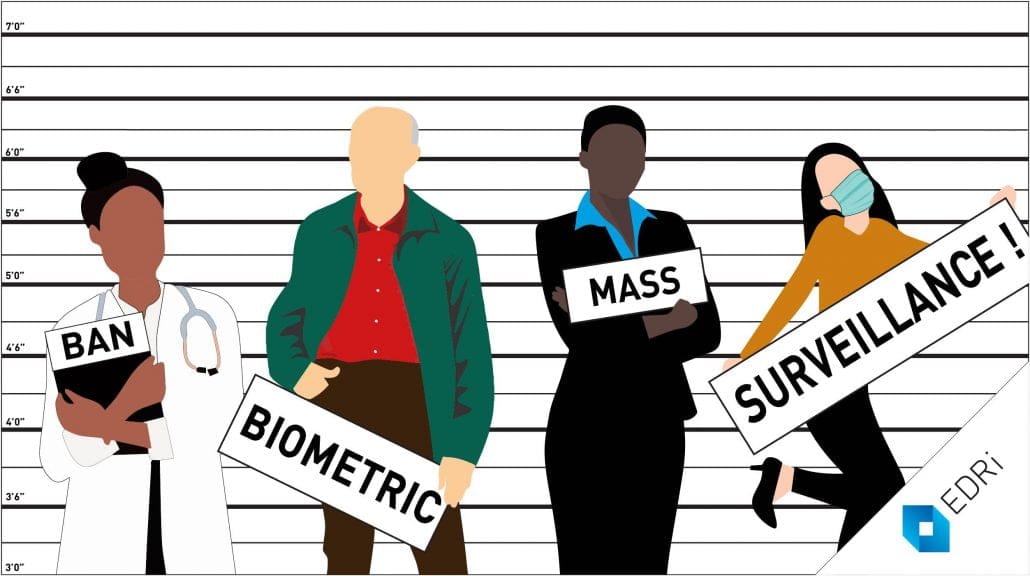In the vast expanse of the digital era, where data reigns supreme and surveillance networks weave intricate webs around our lives, a singular figure emerged as a beacon of resistance: Edward Snowden.
Once a cog in the machinery of the U.S. National Security Agency, Snowden’s revelations shook the world to its core, unmasking the intrusive reach of global spy networks. His daring exposés unveiled a reality where the private lives of millions were not so private after all. To many, he became not just a whistleblower, but the very embodiment of the fight for digital privacy.
Privacy is a right, not a privilege.
Edward Snowden
As governments scrambled to defend their veiled operations, and as critics labeled him a traitor, Snowden’s message was clear: Privacy is a right, not a privilege.
This is the tale of Edward Snowden, the unwavering guardian of privacy in the 21st century, who has been part of Bitcoin San Francisco, Miami and Amsterdam as a keynote speaker since its beginning.
Collective Bargaining Power
Edward Snowden started his keynote by highlighting the importance of the discussion at hand, particularly in the context of today’s evolving technological and sociopolitical landscape. He delved into the concept of hacking, explaining that a hacker is someone who understands a system’s rules better than its creators, enabling them to exploit gaps in awareness.
He emphasized that rules and assumptions are not fixed, using this idea to smoothly transition into a discussion about the cryptocurrency community. Snowden expressed concern that while the world faces serious challenges, much of the crypto community seems more focused on price and speculation rather than innovative solutions. He suggested that there’s a perceived lack of meaningful activity beyond price speculation, leading to complacency and disengagement from larger issues.
Snowden discussed the current global environment, marked by political, cultural, and economic upheavals. Citing a historical anecdote involving Lenin, he delved into the idea of collective bargaining power, emphasizing that minorities and labor groups derive their power from the threat of withholding their contribution or even their very lives. He identified a central problem: people’s reluctance to stake firm positions and drive change.
Digital Society
Openstream is a member of Digitale Gesellschaft (Digital Society), a Swiss non-profit and broadly supported association for citizen and consumer protection in the digital age. Since 2011, as a civil society organization, they have been advocating for a sustainable, democratic, and free public sphere. They defend fundamental rights in a digitally connected world.

Permissionless Innovation
His remarks touched on the intertwined themes of personal freedom, privacy, and the evolving digital age, especially focusing on Bitcoin.
- Comfort vs. Action: People are comfortable with their current lifestyles, addicted to the conveniences of technology. However, the price of this comfort is often our privacy and freedom. The comfort makes people reluctant to challenge the status quo or risk what they have.
- Bitcoin’s Leverage: Snowden sees Bitcoin as a tool to challenge traditional systems, especially in finance. He is wary, though, of its potential commercialization, which he views as a taming of its disruptive power.
- Privacy Concerns: Bitcoin and the world at large have significant privacy issues. Despite some community efforts, these issues remain largely unaddressed. Snowden criticized half-measures like coinjoins (privacy tool mixing Bitcoin transactions), which he feels are simply temporary and inadequate solutions.
- Burden of Knowledge: The growing complexity and specialization required to maintain privacy benefits only a small minority. This exclusivity is counterproductive to creating a broad-based movement for change.
- Acting in Secret Isn’t Freedom: Snowden emphasized that the goal isn’t to be secretive, but to have the freedom not to be secretive. He criticized systems that force individuals to reveal excessive personal information just to operate in society.
- Developer Accountability: Snowden challenged the notion that developers should be held responsible for the unintended or malicious use of their tools, drawing a parallel between road builders and those who misuse roads.
- The Importance of Building Securely: Developers should consider the implications and potential backlash of their tools at the outset, ensuring that they prioritize security and privacy from the start.
- Permissionless Innovation: The crux of his message is that individuals and developers should stop seeking permission to create decentralized, private systems. The future should be shaped by the collective for the benefit of all, rather than by a few for their own gain.
Throughout his remarks, Snowden underscored the pressing need for systemic change, advocating for proactive solutions that prioritize privacy and freedom. He emphasized the collective responsibility in the digital age to push back against encroachments on our rights and freedoms.
Expanding Freedom
In the last part of his keynote he touched on a variety of topics, but the core themes revolved around the significance of Bitcoin, the importance of privacy, and the challenges of surveillance. He emphasized collective freedom, i.e. the importance of liberating not just the individual but the collective individual from oppressive surveillance systems. Snowden is wary of centralized entities like the SEC having too much influence over decentralized ecosystems like Bitcoin. He acknowledged the benefits of institutional money flowing into crypto but warned against subjugating to systems and institutions that users can’t control. He highlighted the narrowing space for invention and transaction due to increased surveillance.
He suggested that rather than waiting for external authorities to dictate the terms, the community should proactively work towards preserving and expanding the freedom that platforms like Bitcoin initially promised. He ended on a hopeful note, mentioning projects like Nostr that aim to integrate free speech and free trade. He believes that while challenges abound, the potential for innovation in the crypto space is immense and can shape the world’s future.
In essence, Snowden was rallying the audience and the broader crypto community to be proactive, value privacy, and work on innovative solutions that prioritize individual freedom and rights over convenience and complacency.




Schreibe einen Kommentar